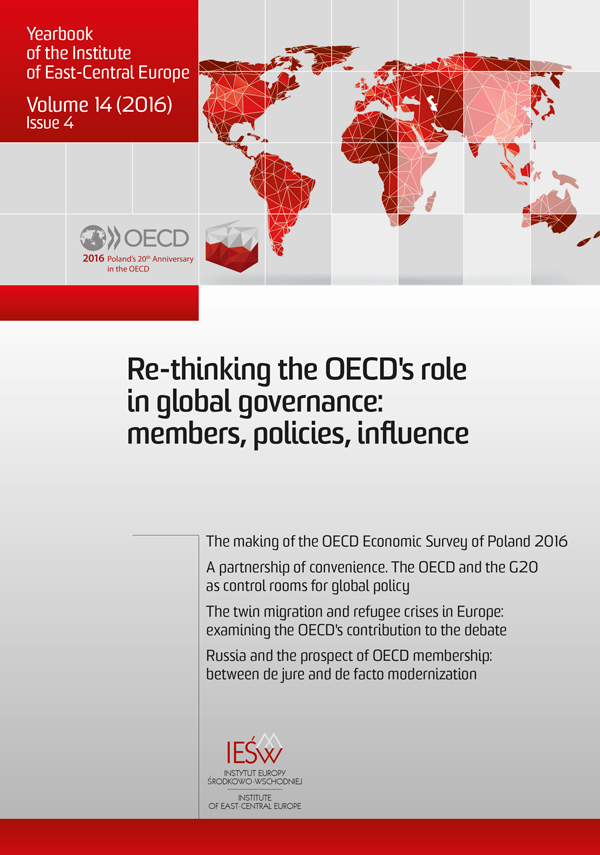Pros and cons of the OECD EPL Index. Measuring employment protection legislation in Poland
Pros and cons of the OECD EPL Index. Measuring employment protection legislation in Poland
Author(s): Piotr MaleszykSubject(s): National Economy, Welfare systems, Human Resources in Economy
Published by: Instytut Europy Środkowej
Keywords: OECD EPL Index; employment protection in Poland; dual labour markets
Summary/Abstract: The objective of this paper is to identify and discuss the advantages and limitations of measuring the employment protection legislation (EPL) by means of the OECD EPL Indices, using the Polish labour market as an example. It is argued that the OECD EPL Indices play an important role in measuring the strictness of the employment protection legislation. Specifically, calculating the EPL Indices enables applying quantitative methods to assess the impact of the strictness of the labour market regulations on the unemployment level and its dynamics. It also makes it possible to compare the EPL level among the OECD countries, and to track or evaluate labour market reforms. Even if as a result of modifications, the OECD Indices have become a more accurate measure of EPL, this measure should be interpreted with caution. In this context, the case of Poland reveals that regulation for employees on open-ended contracts is very lax, though the uncertainty in terms of trial length and courts decisions remains an issue. Legislation of fixed-term contracts is rather lax, however utterly flexible civil contracts and ‘bogus’ self-employment are being abused. From a different angle, regulations for collective dismissals and on Temporary Work Agencies seem to be moderately restrictive.
Journal: Rocznik Instytutu Europy Środkowo-Wschodniej
- Issue Year: 14/2016
- Issue No: 4
- Page Range: 129-149
- Page Count: 21
- Language: English

